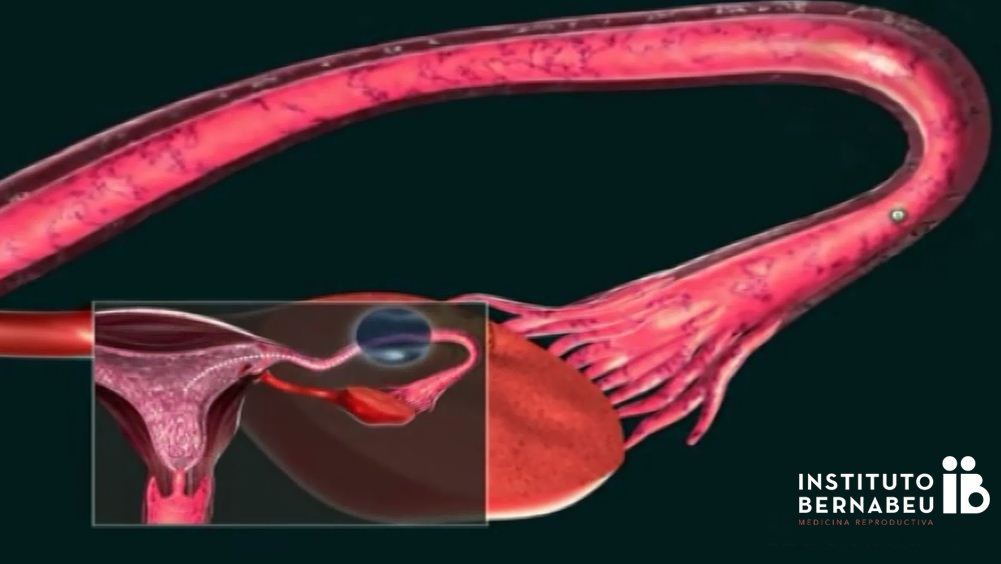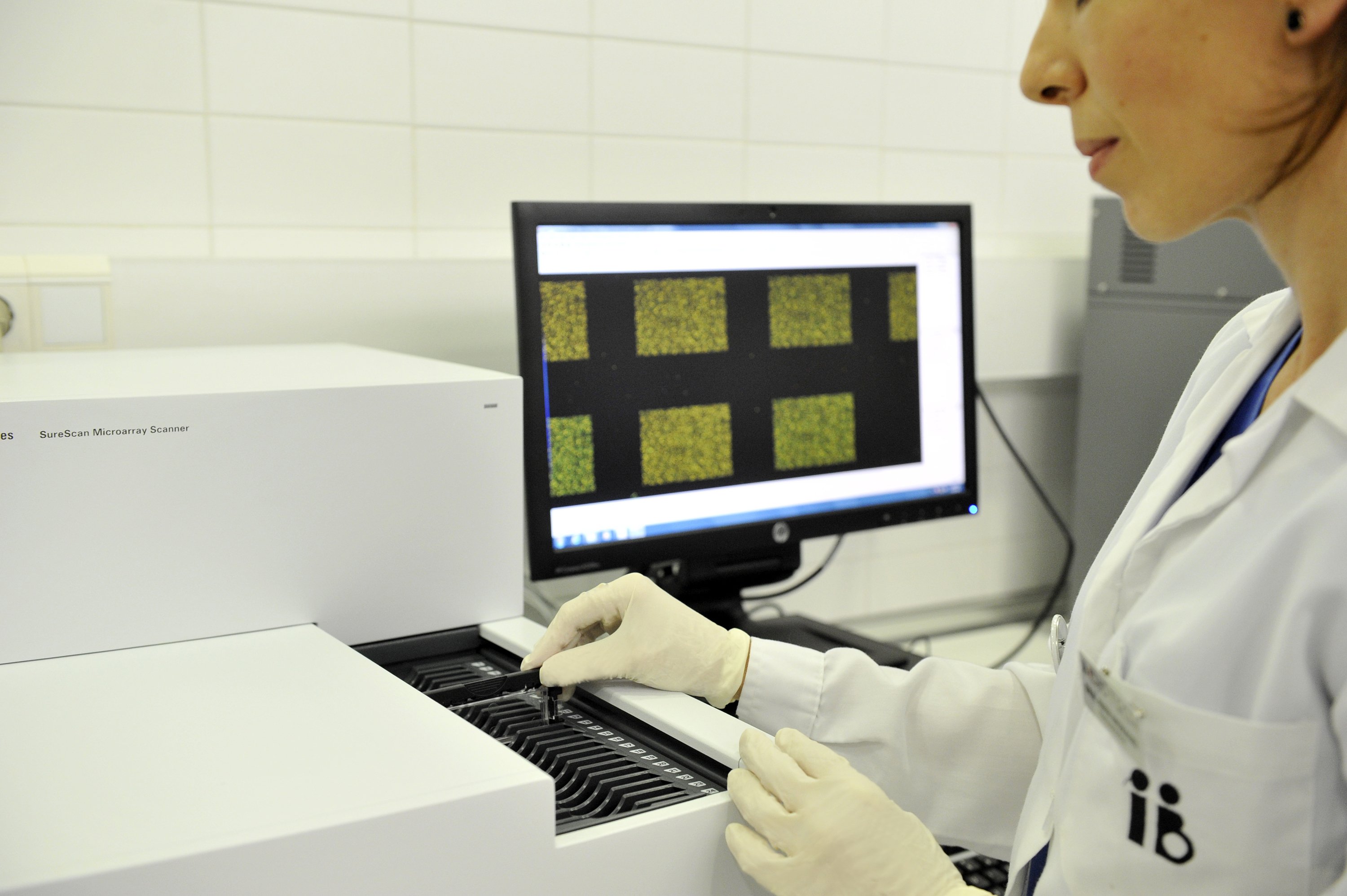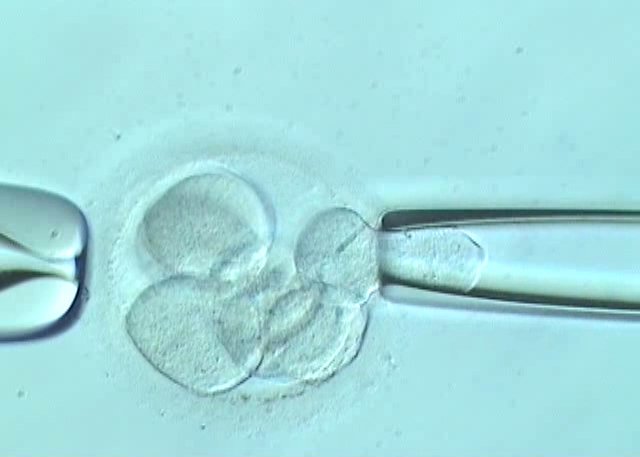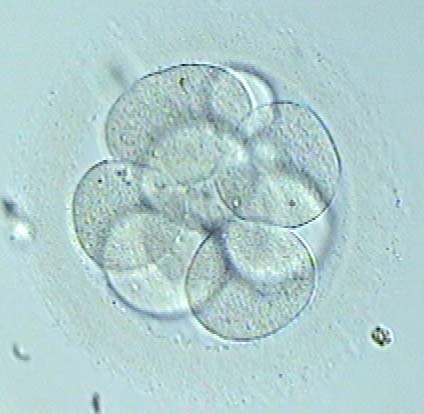Latest news
IB research: “Ovarian induction in egg donors: Corifollitropin alfa versus urinary FSH”
In last years corifollitropin alfa (ElonvaTM) has been added to the treatments available to induce ovulation. It is especially designed to work much longer than conventional FSH, so that one single injection of Elonva can replace daily FSH injections. Furthermore it has been argued that recruitment of antral follicles can be improved because of its pharmacokinetics. Both features are of special interest in the egg donor group.
In the last years, on the way to single embryo transfer (SET), preimplantation genetic screening (PGS) using array technology to test embryo aneuploidy of all chromosomes in the blastocyst stage, is becoming the technique of choice to select the best embryo, increasing implantation rate and decreasing miscarriage.
Blastocyst biopsy for Comprehensive Chromosomal Screening (CCS) treatments can be addressed through different strategies. When biopsy on D+5 is performed, fresh transfer on day 6 is possible. There is also the option of freezing the embryos after the biopsy to delay the embryo transfer if circumstances such as inadequate endometrial preparation or high progesterone levels require it. The aim of this study is to determine which of these two strategies show better outcomes. Two groups were created depending whether a biopsy on day 5 and transfer on day 6 was performed.
IB Research on the Embryo Vitrification Model: optimizing the equilibration time.
Vitrification techniques are commonly used in In vitro fertilization (IVF) laboratories. The vitrification process includes a first step of embryo equilibration. This step never exceeds 15 minutes because cryoprotectans can produce embryo damage. The aim of this study is to establish a timing model to minimize the embryo exposure time to cryoprotectans solutions.



